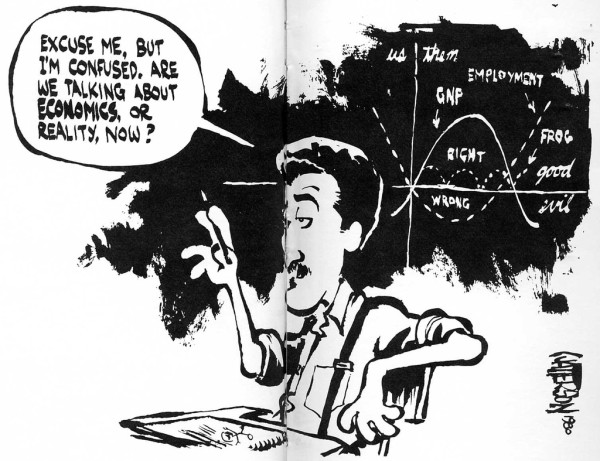Board-game price-fixing Board-game price-fixing - Boing Boing
Board-game price-fixing - Boing Boing
: "A board-game publisher has begun engaging in price fixing, a practice newly liberalized in the US in the wake of a June Supreme Court decision. Yehuda sez,
In June, 2007, the U.S. Supreme court struck down a major 97 year old law on price fixing, which prohibits manufacturers from coercing retailers on how to set their prices.
The new ruling essentially wrote that the old law was too rigid, and each instance of price fixing would now be evaluated on a case by case basis to determine if it harmed or helped the consumer....
But last week, Mayfair Games, US publisher of the popular board game Settlers of Catan as well as other games, sent letters to all of its retailers demanding that they limit any discounts on their games to 20% off the suggested retail price.
This is purportedly to boost struggling brick-and-mortar stores against the spread of deep-discounting online stores which have been stealing their business.
Price fixing typically refers to agreements made between firms selling similar products, such as Honda and Toyota. The decision made last June was to change how retail price maintenance was evaluated by the courts. Rather than being illegal per se, it would now be evaluated on a case-by-case basis. The argument in favor of this ruling is that it encourages retailers to provide high quality sales advice. Without these agreements with manufacturers, online stores can free-ride by letting customers get advice from the brick and mortars and then proceed to purchase at a cheap online alternative. I've done this when buying television sets by getting advice from the sales assistants at a friendly nearby chain, then finding the lowest cost online seller of the product I eventually decided on.
Board games in my mind sound like the type of good where its useful to go see them in person at a store. So making sure these stores have incentive to sell these games without losing all sales to the online discount stores could definitely be at the benefit of consumers.
And from the comments on BoingBoing:
Browsing descriptions on Amazon.com is a poor substitute to interacting with a knowledgeable store owner and the 'regulars' who frequent the stores. I know that there are several games I've purchased from a FLGS that, had I only read on online site's description, and some random anonymous internet posts about I never would have bought.
No online retailer has ever sponsored an in-store demo of a board game, nor have they ever provided a place to meet other gamers to actually play these games with.

